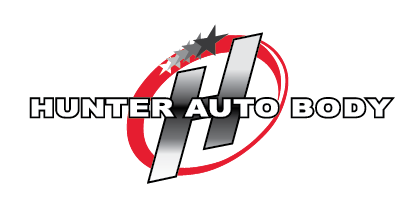- No laws are forcing a shop to fix your car a certain way, and it is up to the technician to decide. Some shops cut corners to turn cars out faster.
- Your car manufacturer has specific guidelines on how to fix your vehicle. This information comes at a cost to body shops, so not all of them bother to look it up, and follow the procedure.
- Your insurance company may make you think you have to use the shop they recommend, and ultimately you have the final say, they have to pay.
- Your insurance company may tell you that they are not warrantying the repairs if you don’t use their preferred shop. This is false. The insurance companies do not warranty repairs, the body shop does. This is a scare tactic.
- Your car may get totaled even if the damage looks minor. Cars are more expensive to repair these days, and even newer cars are getting totaled at higher rates than in prior years.
- Your repair costs may seem higher than you expected. Typically, the body shop with the most lines on an estimate is the one who truly knows what it takes to fix your car correctly.
- Parts make a difference. There are a lot of aftermarket and counterfeit parts out there, and the insurance companies will try to push for aftermarket parts. OEM is always recommended, and you may have to pay the difference to get the best quality parts. Talk to your shop about the part being put back on your car.
- Rental cars may not be covered in your policy.
- Your vehicle may have damage to critical safety components. These may not show up as “idiot lights” on the dash. Make sure that your body shop has “scanned” your vehicle before you pick it up, and has recalibrated all sensors.
- You may be entitled to a diminished value payout from your insurance company following your collision repair. Ask your shop about filing a diminished value claim.
10 Things You Don’t Know About The Auto Collision Repair Industry





